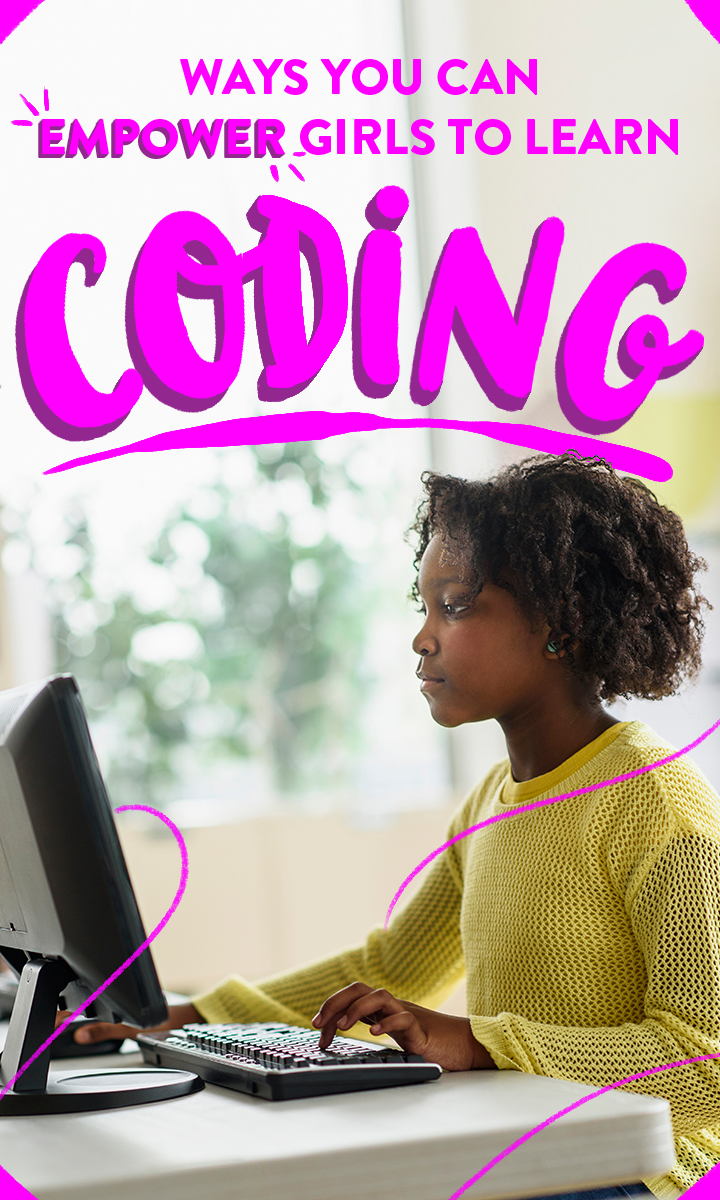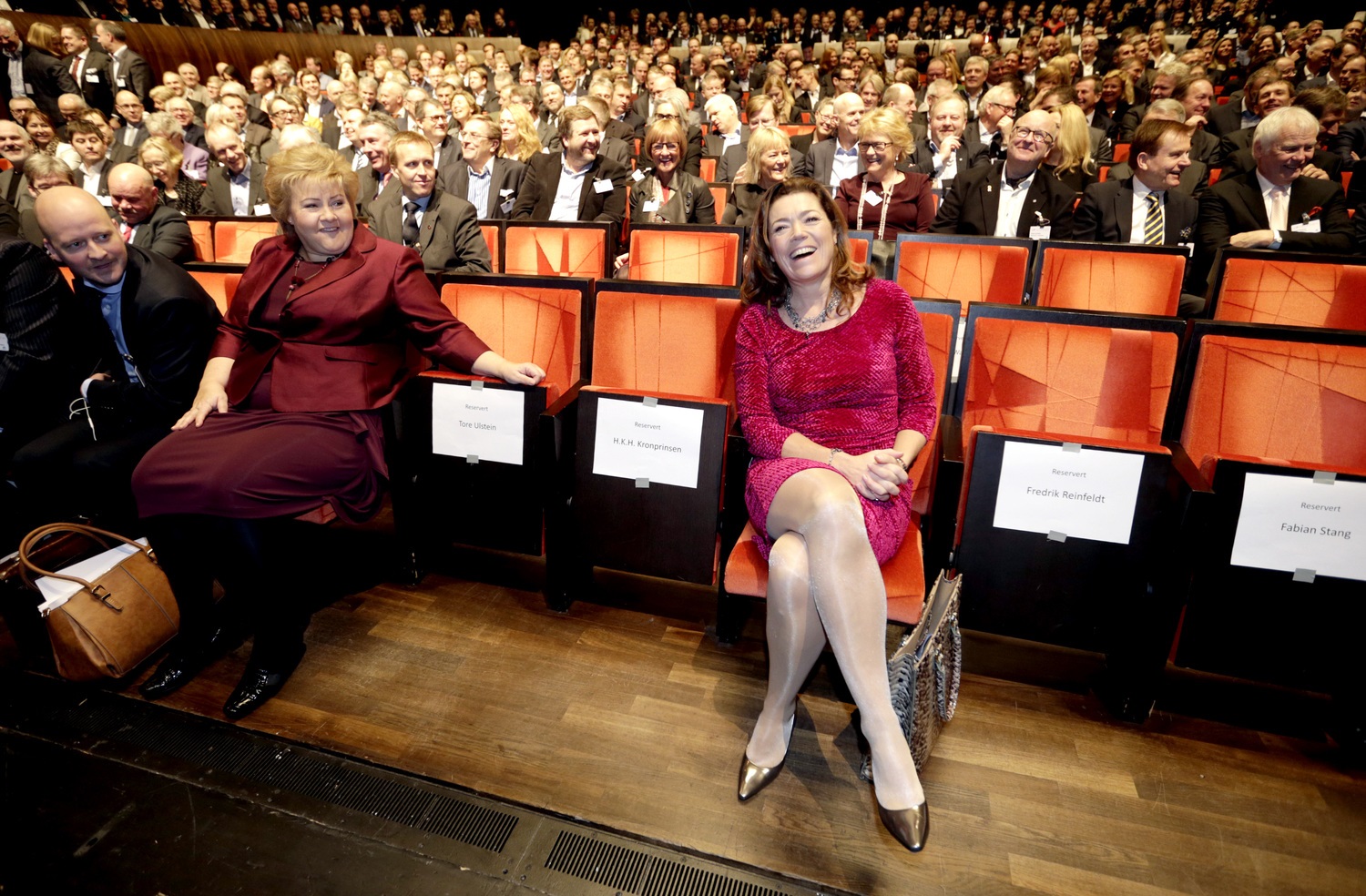CFP for Scandinavian Conference on Health Informatics in Kristiansand, 29-30 August 2017
Deadeline for submission May 10

CFP for Scandinavian Conference on Health Informatics in Kristiansand, 29-30 August 2017
Deadeline for submission May 10
The Digital Everyday: Exploration or Alienation?
This international conference aims at exploring the digital everyday, understood as the transformation of everyday life practices brought about by digital technology. From how we buy, walk around, get a cab, love, break up, go to bed, meet new people and sexual partners to the way we rate services, turn on the fridge, exercise, eat, use social media and apps, Big Data is reshaping some of the most basic activities in our lives.
The conference will explore these digitally enabled transformations by looking at …
Read more on the KCL webpage: King’s College London – The Digital Everyday: Conference and call for papers
Deadeline for abstracts 31 January
Interesting topic for next year’s AoIR conference: “networked or digital publics” and their “role in re-constituting the public sphere”.
Workshops: 18 October 2017
Main Conference: 19-21 October 2017
University of Tartu, Tartu, EstoniaProposal Submission Deadline: 1 March 2017
AoIR 2017 is the 18th annual conference of the Association of Internet Researchers, a transdisciplinary gathering of scholars interested in the place of networked technologies in social processes.
Read more on the AoIR website: Call for Proposals – AoIR
Two interesting Call for submissions:
Call for submissions: Med-e-Tel presentation proposals & ‘Women in eHealth’
CFP – Med-e-Tel 2017:
Join us at Med-e-Tel 2017 (5-7 April 2017) – 15th edition – and actively participate in the educational and information program of seminars, workshops, demonstrations and interactive panel discussions on eHealth, Telemedicine and ICT applications in medicine, health and social care. Med-e-Tel is the official event of the International Society for Telemedicine & eHealth (www.isfteh.org), the international federation of national associations who represent their country’s Telemedicine and eHealth stakeholders.
&
Call for submissions for a special theme issue ‘Women in eHealth’ 2017
The JISfTeH (Journal of the International Society for Telemedicine and eHealth) will again publish a special issue on the global vision of women’s engagement in Telemedicine and eHealth, the specific factors of influence, and sets of patterns in related areas.
New book from Marie Hicks
Programmed Inequality : How Britain Discarded Women Technologists and Lost Its Edge in Computing
Women used to be present in computer work in higher percentages than they are today. Ever wonder what happened? Turns out that the story of gender and the progress of computing are a lot more tightly linked than we once thought…
In Programmed Inequality, Marie Hicks explores the story of labor feminization and gendered technocracy that undercut British efforts to computerize. That failure sprang from the government’s systematic neglect of its largest trained technical workforce–simply because they were women. Women were a hidden engine of growth in high technology from World War II to the 1960s. As computing experienced a gender flip, becoming male-identified in the 1960s and 1970s, labor problems grew into structural ones and gender discrimination caused the nation’s largest computer user—the civil service and sprawling public sector—to make decisions that were disastrous for the British computer industry and the nation as a whole.
Looking forward to the book will be published in January 2017!
The best news this last week is that we – that is me and colleagues at Western Norway Research Institute, will be part of one of two new Nordic Centres of Excellence!
Our NCoE has this long title:
Professor Gabriele Griffin from Uppsala University is project leader, Tampere University is a partner, led by Hanna Ylostalo, and I will lead Western Norway Research Institute’s work. Our NCoE will be financed with 20 mill NOK by Nordforsk over the next five years.
The other NCoE will be “Nordic Centre for Research on Gender Equality in Research and Innovation” (NORDICORE), with project leader Professor Mari Teigen, University of Oslo.
Congratulations to both NCoEs!
They will be announced at Gender Summit (GS9) in Brussel next month.
Best Practices for Conducting Risky Research and Protecting Yourself from Online Harassment
Researchers who investigate sensitive topics may face online harassment, social shaming, or other networked forms of abuse. In addition to potential impacts on the researcher’s reputation and mental health, fear of harassment may have a chilling effect on the type of research that is conducted and …
By Alice E. Marwick, Lindsay Blackwell and Katherine Lo
Source: Best Practices for Conducting Risky Research and Protecting Yourself from Online Harassment || Data & Society
In Toronto, Canada in July 28-30, 2017. Deadline for submissions between December and Januar – see link below
SUBMISSION WEBSITE The 2017 Social Media & Society Conference (#SMSociety) invites scholarly and original submissions that relate to the broad theme of Social Media & Society. We welcome both quantitative and qualitative work which crosses interdisciplinary boundaries and expands our understanding of the current and future trends in social media … Continue Reading →
Source: Submission website
Carol Frieze (left) and Jeria Quesenberry – Photo www.cmu.edu
Fewer women than men pursue computer science, but correcting that imbalance won’t be accomplished via quick fixes or by making coursework less strenuous. Rather, the culture of computer science departments must change, as outlined in a new book, “Kicking Butt in Computer Science: Women in Computing at Carnegie Mellon University.”
Source: Increasing Number of Women in Computing Hinges on Changes in Culture, Not Curriculum
 8 ways you can empower girls to learn coding
8 ways you can empower girls to learn coding
1. Know the specific barriers we need to overcome.
2. Start with concrete first steps in your own life.
The lack of women and girls in computer science is a well-documented problem. Now it’s time for the average person to finally do something about it.
…
Addressing the issue of girls and coding in your community doesn’t require you to start your own nonprofit or advocacy organization. In fact, you can start very small, like choosing to empower a girl you know.
3. Find organizations putting in the work already.
4. Be a role model.
5. Encourage your local school to teach girls how to code.
6. Lead a coding club for girls.
7. Recognize that computer science is an intersectional issue.
8. Understand where girls need to begin, too.
 8th International Conference on e-Health
8th International Conference on e-Health
1 – 3 July 2016, Funchal, Madeira, Portugal
Call for paper
Still time to submit a contribution! Until Febr 8
Source: e-Health 2016 | e-Health
Verden trenger flere kvinner i ingeniørfag, matematikk og naturvitenskapelige fag, og NASA håper filmer som Star Wars kan bidra. – Vi vet ikke om den nye Einstein vil være en kvinne eller mann, påpeker NASAs forskningssjef Ellen Stofan.
Source: Håper Rey i Star Wars kan få flere jenter til å like realfag
Teachers and Gamers Agree: ‘Slave Tetris’ Isn’t How You Educate Kids About SlaveryThanks to a social media backlash, a Danish company learned the hard way that there are better methods for teaching students about a painful chapter in history.
Source: Teachers and Gamers Agree: ‘Slave Tetris’ Isn’t How You Educate Kids About Slavery | TakePart
CaTaC’16: Culture, Technology, Communication: Common world, different futures?

Venue: University of West London
Dates: June 15-17, 2016
Paper submission for peer-review: February 15, 2016
Source: Call for Papers
 Det at anerkjente kvinnelige ledere kler seg på en tradisjonelt feminin måte, kan endre måten vi oppfatter feminine tegn og symboler på, mener forskere.
Det at anerkjente kvinnelige ledere kler seg på en tradisjonelt feminin måte, kan endre måten vi oppfatter feminine tegn og symboler på, mener forskere.
Source: En leder kan ha autoritet også i kjole og perler | forskning.no
Interessant studie om autoritet og tradisjonelle maskuline og feminine symboler og iscenesettelse gjennom klær og estetikk.
A. Bolsø, W. Mühleisen: Framstillinger av kvinner kledd for makt. Tidsskrift for norsk kjønnsforskning, Årg. 39, Nr. 3-4, 2015.